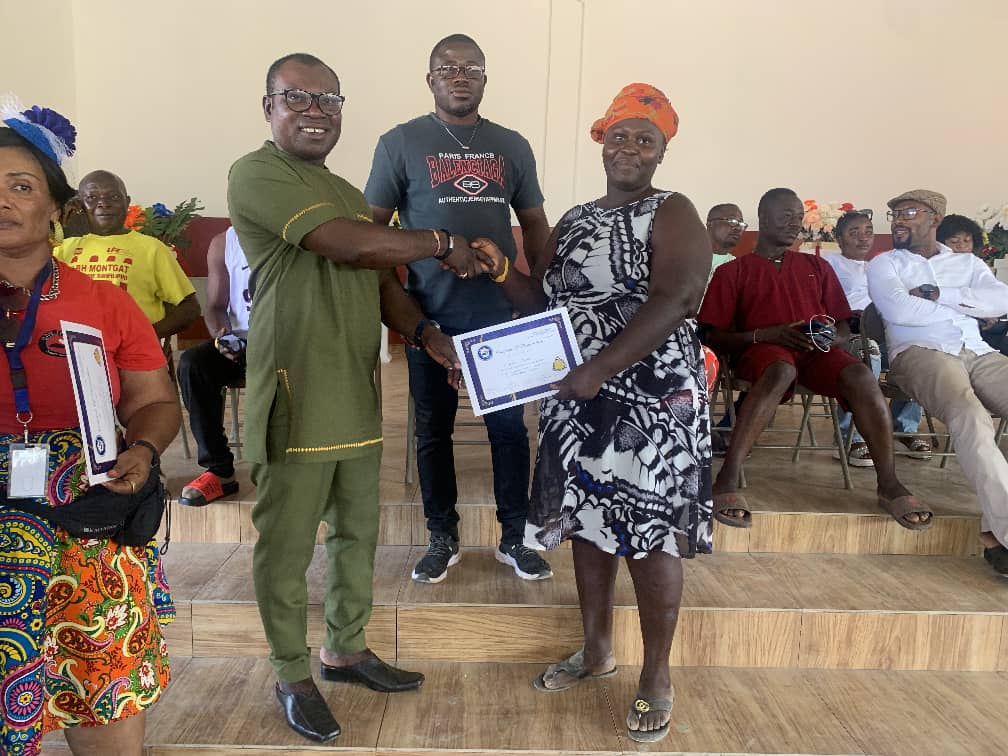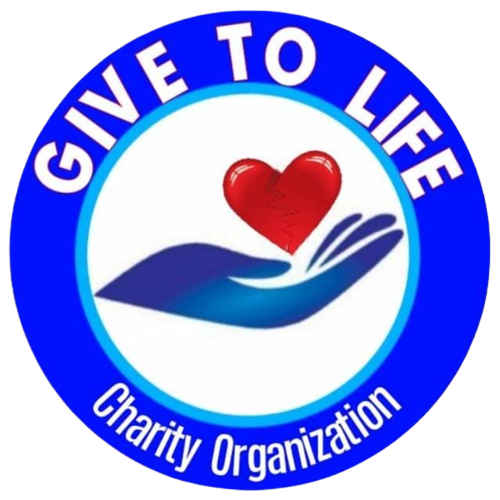
Empowering Communities Through Skills Training: A Collaborative Effort in Dumasua
In a remarkable initiative to empower communities and foster entrepreneurship, a three-day skills training program was successfully organized in Dumasua, Bono Region, from October 21 to October 23, 2024. The program, a collaboration between Nana Ayebiafo Jnana (Nkosuohene of Dumasua) and G2 Foundation, sought to equip participants with practical skills for economic self-reliance and community development.

The training covered diverse fields, including art and craft, chemical production, pastry making, and satellite installation. On the first day, participants delved into the world of art and craft, learning to create bridal fans, bouquets, and fascinators under the expert guidance of Lola. Concurrently, Nana Kay introduced a separate group to the basics of satellite installation, equipping them with technical skills for immediate application.

Day two focused on chemical production, with facilitator Lord Lawson training participants to produce essential household products such as liquid soap, antiseptic, and powdered soap. This session saw the highest attendance, with 285 participants actively engaging in hands-on learning.
The final day shifted to pastry making, where participants were trained in preparing long and short chips, rock cakes, cutout biscuits, and meat pies. In addition, they learned yoghurt production, which added a valuable entrepreneurial skill to their repertoire.
The program concluded with a vibrant closing ceremony where participants were awarded certificates of participation. Nana Ayebiafo Jnana encouraged attendees to utilize their newly acquired skills to explore income-generating opportunities. He further announced that startup support promised by the Chief of Dormaa would be granted to individuals demonstrating serious application of their skills.

Media houses including Adom TV, UTV, and TV3 extensively covered the event, amplifying its impact and inspiring interest across the region. The PRO of Give to Life, during an interview, appealed to donors and sponsors for support, highlighting the need for resources like a vehicle to facilitate the organization’s outreach to other communities.
This collaborative effort not only provided practical training but also fostered a sense of empowerment and hope among participants. It serves as a model for similar initiatives aimed at tackling unemployment and promoting entrepreneurship in underserved communities.

